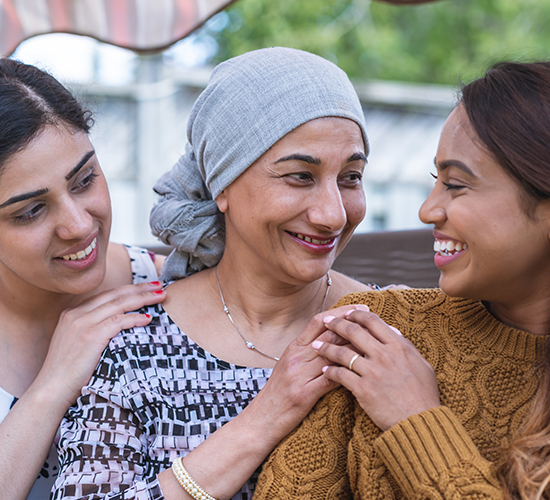The Link Between Ovarian Cancer & Age

Ovarian cancer has emerged as the third most common type of cancer among women in India. Ovarian cancer happens when the cells in the ovary multiply uncontrollably and produce a tumour. If not detected on time, the cancerous cells may spread to other organs of the body and could prove life threatening.
Though it is not yet clear what causes ovarian cancer, it mostly affects women after menopause. Here we will discuss the link between ovarian cancer and age[1].
- Risk Of Ovarian Cancer 25-45
It is unlikely that woman below 40 years of age would develop ovarian cancer. However, according to a PBCR (Population Based Cancer Registry of India) report, less than 5% of cases were identified in the age of 25. Predominantly, women in their 20s, 30s, or late 30s could develop ovarian cancer if there is a history of ovarian cancer in their family.
Also, if any member of their immediate family has developed breast cancer before the age of 50, then the probability of developing ovarian cancer in the woman may increase before she turns 40. Generally, the risk of this type of cancer rises after the age of 35.
- Risk Of Ovarian Cancer In 45-65
The risk of ovarian cancer increases with age. About 50% of the total cases occur in women between the age group of 45 – 65 years of age, with most cases developing after menopause.
- Risk Of Ovarian Cancer In 65 And Above
Researchers report that the likelihood of developing ovarian cancer in women aged 65 and above is 20 per cent.
How To Identify Symptoms Of Ovarian Cancer
Ovarian cancer is difficult to identify in the early stages, as there are fewer or no symptoms. More often symptoms such as premenstrual syndrome, a bladder problem or irritable bowel syndrome may be observed, which worsens over time. Some early symptoms to watch out for include pain in the pelvis, bloating, nausea, constipation, weight loss, pain in the back or abdomen, and unexpected vaginal bleeding[2]. If these symptoms persist for more than 2 weeks, one should immediately see a doctor.
Maintaining a healthy lifestyle and getting oneself checked in case the suggested symptoms lasts for 2 weeks or more is the best way to prevent the development of ovarian cancer.
Treatment for Ovarian Cancer:
Medical advances have been improving survival rates over the past two decades. The treatment for ovarian cancer will depend on various factors such as the stage of cancer, an individual’s age, and her overall health. Some treatment options include surgery, chemotherapy, targeted therapy, radiation therapy and immunotherapy. A doctor discusses a suitable treatment or a combination of therapies to the patient.
Screening
Unlike breast cancer, routine screening for those with an average risk of ovarian cancer is not recommended.
Ageing is one of the many factors that are linked to the development of ovarian cancer. Other factors include reproductive history, infertility and HRT (Hormone Replacement Therapy). Nevertheless, watching the symptoms and early diagnosis holds the key to ovarian cancer treatment.
References:
- https://ocrahope.org/patients/about-ovarian-cancer/statistics/
- https://www.ncbi.nlm.nih.gov/pmc/articles-PMC3432546/
- https://www.ncbi.nlm.nih.gov/pmc/articles-PMC5754410/